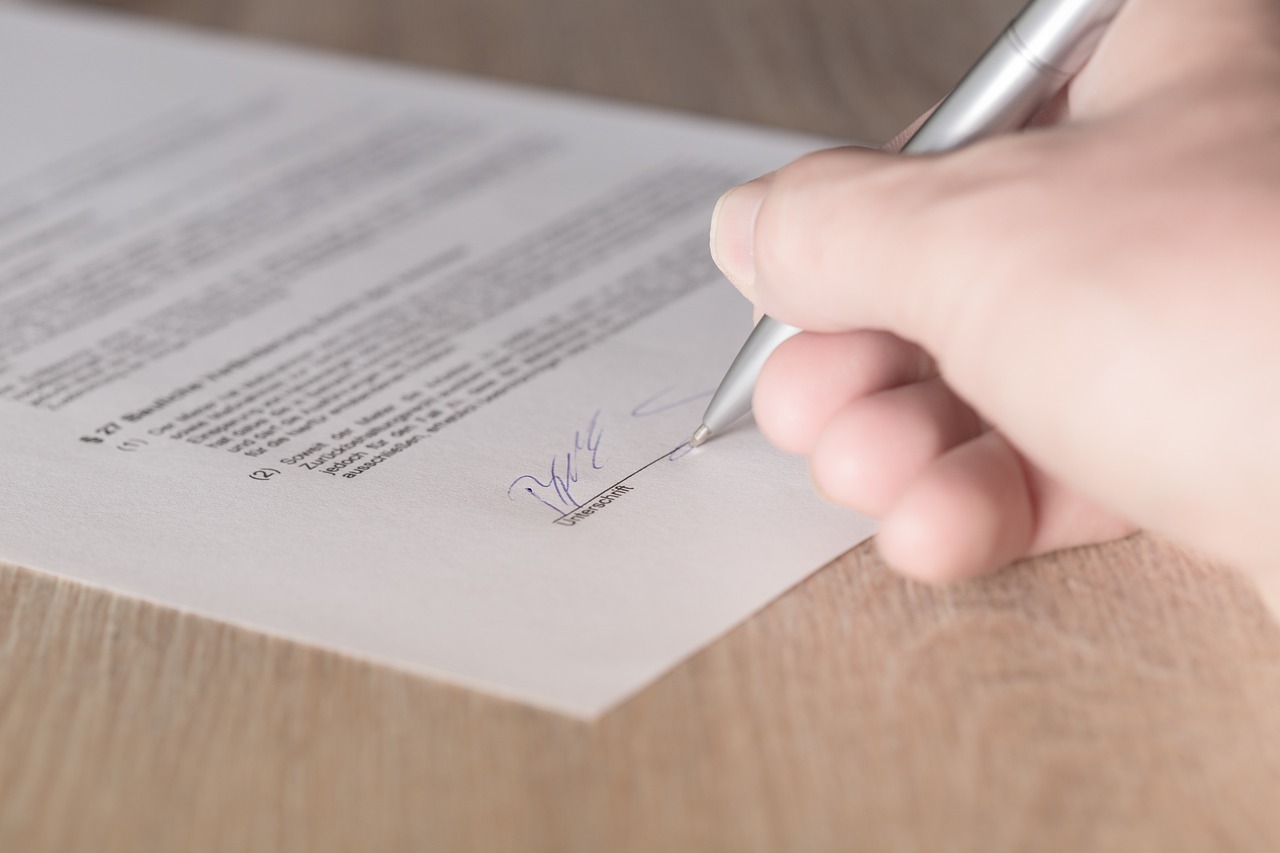Technology has drastically changed the landscape of the real estate market in recent years and continues to transform how transactions are conducted. Perhaps one of the biggest changes is the creation and evolution of e-signing. As the name implies, e-signing is a process that allows a person to sign a document electronically, as opposed to physically signing in person (or “wet signing”). The most obvious advantage of e-signing is that it allows parties to a real estate transaction to sign documents regardless of where they are located. A person selling a home in the triad of North Carolina could be located in California and is able to sign the contract without printing, scanning, or mailing the document – it can all be done with a few clicks on a computer or smartphone!
Unfortunately, not all documents in a real estate transaction can be e-signed, which can cause confusion and result in last-minute hiccups. It is common for that same seller in California to wonder why the process has been so simple and easy until it’s time to sign the documents for closing and the attorney or realtor informs them that e-signing is not an option. The simple answer is that many of the seller documents needed for closing must be notarized, particularly the deed and lien waiver, among others. This means the seller(s) will need to have hard copies of the documents and sign them in person before a notary public.
To avoid any potential delays, it is extremely important for sellers to know upfront that they will not be able to e-sign all of the documents required for closing and to make the closing attorney aware if the seller is not local or needs to make separate arrangements to sign in person. The sooner everyone knows what is required, the smoother the closing will be!
Revolution Law Group is located in Greensboro, NC, and serves individuals and small businesses throughout the Triad and surrounding areas. To contact us please visit Revolution.law or call 336-333-7907.
The information included here is for informational purposes only, is not exhaustive of all considerations when creating documents, is not intended to be legal advice, and should not be relied upon for that purpose. We strongly recommend you consult with an attorney and do not attempt to create your own documents.

